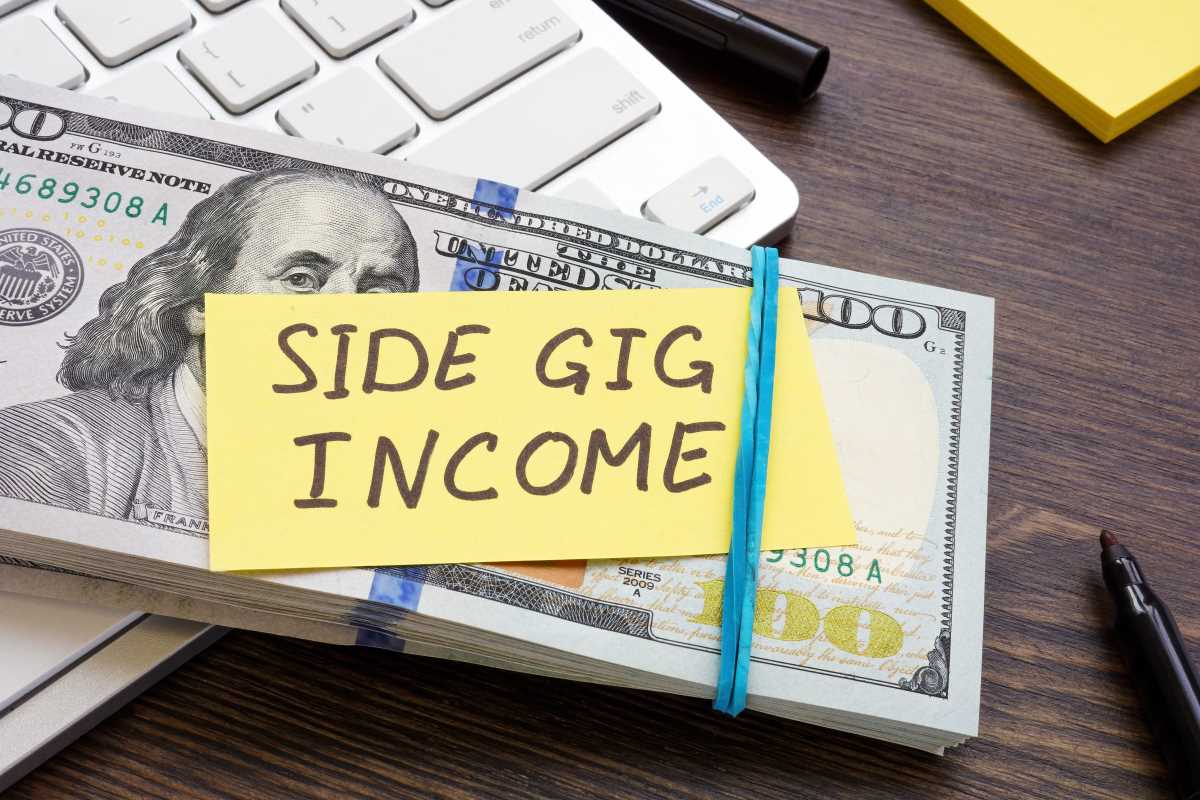Inflation. It's a word you've probably heard a lot lately, but what does it really mean for you? And more importantly, how can you protect yourself from it? Let’s break it down.
What is Inflation?
Inflation happens when prices rise over time. Think about the cost of groceries, gas, or even your favorite coffee shop treat. Over the years, things tend to get more expensive, and your dollar doesn't go as far as it used to. For example, a candy bar that cost $1 a few years ago might now cost $1.50. That's inflation at work.
While inflation can be a normal part of a growing economy, when it gets too high, it can start to feel like your money isn’t stretching as far. Your salary might not increase as quickly as prices do, and suddenly, you’re spending more for the same things. So, what can you do to protect yourself?
How to Protect Against Inflation
Here are a few simple ways to guard your finances against inflation:
1. Investing in Stocks
One of the best ways to protect against inflation is by investing in the stock market. While it might sound complicated, stocks have historically outpaced inflation over the long term. Companies grow, and their stock prices tend to rise with inflation. If you're new to investing, think of stocks as a way to own a piece of a company. As that company grows, so does your investment. You can start small, even with apps that let you invest in fractions of shares.
2. Consider Real Estate
Real estate is another way to beat inflation. As the cost of goods and services rises, the value of property tends to go up, too. Owning a home or investing in rental properties can be a great way to protect your money. If you’re not ready to buy a property, you can invest in real estate through something called Real Estate Investment Trusts (REITs). REITs are companies that own or finance real estate and allow you to invest without actually owning property.
3. TIPS – Treasury Inflation-Protected Securities
TIPS are special government bonds that are designed to protect against inflation. When you buy TIPS, the principal (the amount you invested) increases with inflation, so your investment keeps up with rising prices. They’re considered low-risk because they’re backed by the U.S. government, but the return is usually modest.
4. Diversify Your Investments
Diversification is a fancy way of saying “don’t put all your eggs in one basket.” By spreading your money across different types of investments—stocks, bonds, real estate, even gold—you reduce the risk of losing money if one area takes a hit. It’s kind of like keeping both a savings account and an investment portfolio: each does different things and protects you in different ways.
5. Increase Your Income
Sometimes the best way to fight inflation is to simply earn more money. That might mean asking for a raise, starting a side hustle, or learning a new skill to increase your job opportunities. The more money you bring in, the less inflation can pinch your wallet.
The Impact of Politics
You might have heard about the confusion caused by certain executive orders, especially in the context of inflation and federal spending. An executive order is a directive from the President that can shape economic policies, including how the government spends money or handles inflation.
For example, in the past, there have been attempts by administrations to pause certain federal grants and programs to control spending, such as the Trump administration's executive orders, which aimed to freeze some federal funding. These actions caused confusion, especially in programs like Medicaid or Meals on Wheels, which rely on federal grants to function. When the government pauses or restricts funding, it can lead to uncertainty for non-profits, businesses, and even individuals relying on that support.
However, these orders are often temporary, and the confusion they create can cause delays in funding or changes in how resources are allocated, which can indirectly affect inflation. If inflation remains high, the government might take action through executive orders to either limit spending or introduce new policies to stabilize prices.
How to Stay Ahead
While we can’t control government policies or inflation, we can stay informed. Keep an eye on news about executive orders, especially those that might impact funding for critical programs or the economy as a whole. If you're unsure how a particular executive order might affect your finances, consult with a financial expert or stay updated through reliable news sources.
Focus on building your financial education. The more you know about how inflation works and what tools are available to combat it, the better you’ll be at making decisions that protect your money.
Inflation doesn’t have to leave you feeling powerless. By understanding what it is and taking smart steps to protect your money, you can fight back. Whether it’s investing in stocks, real estate, or learning about TIPS, there are many ways to keep your finances healthy. And while government actions like executive orders can introduce confusion, being informed and proactive will put you in the driver’s seat when it comes to your financial future. Keep learning, keep investing, and soon you’ll feel more confident in your ability to beat inflation!







